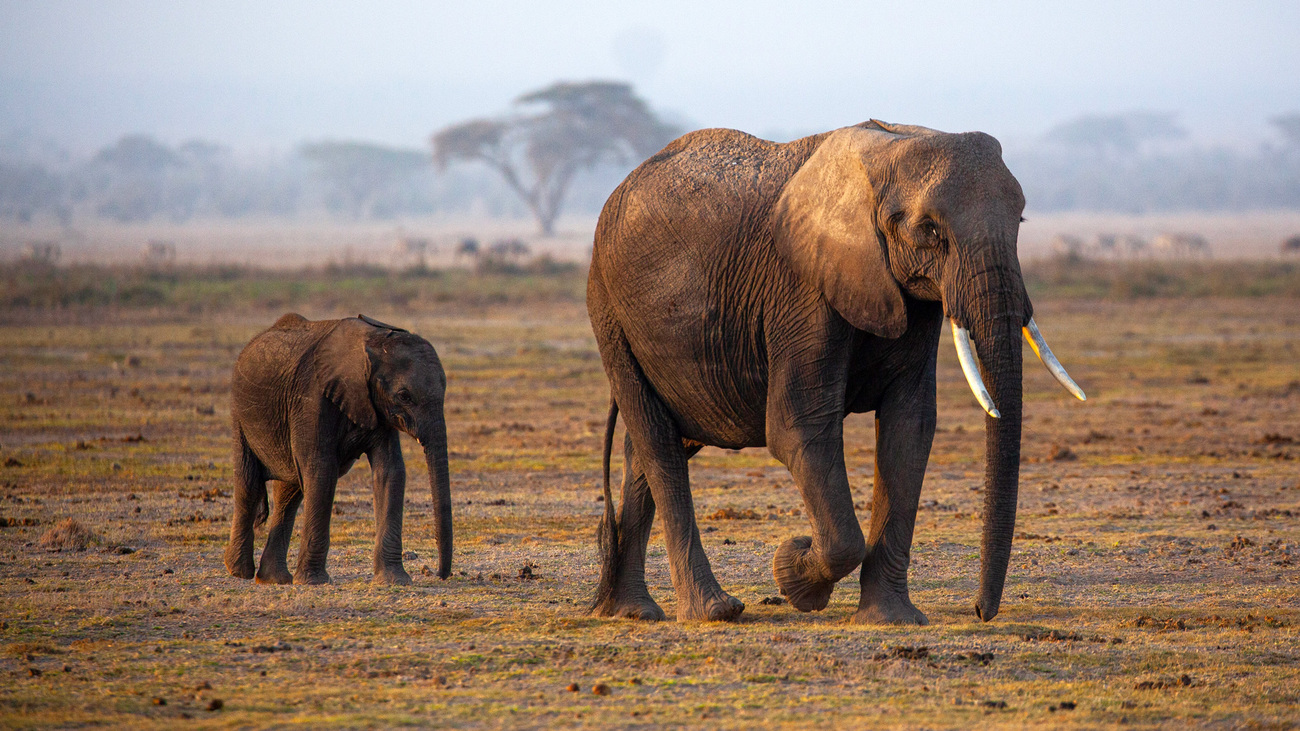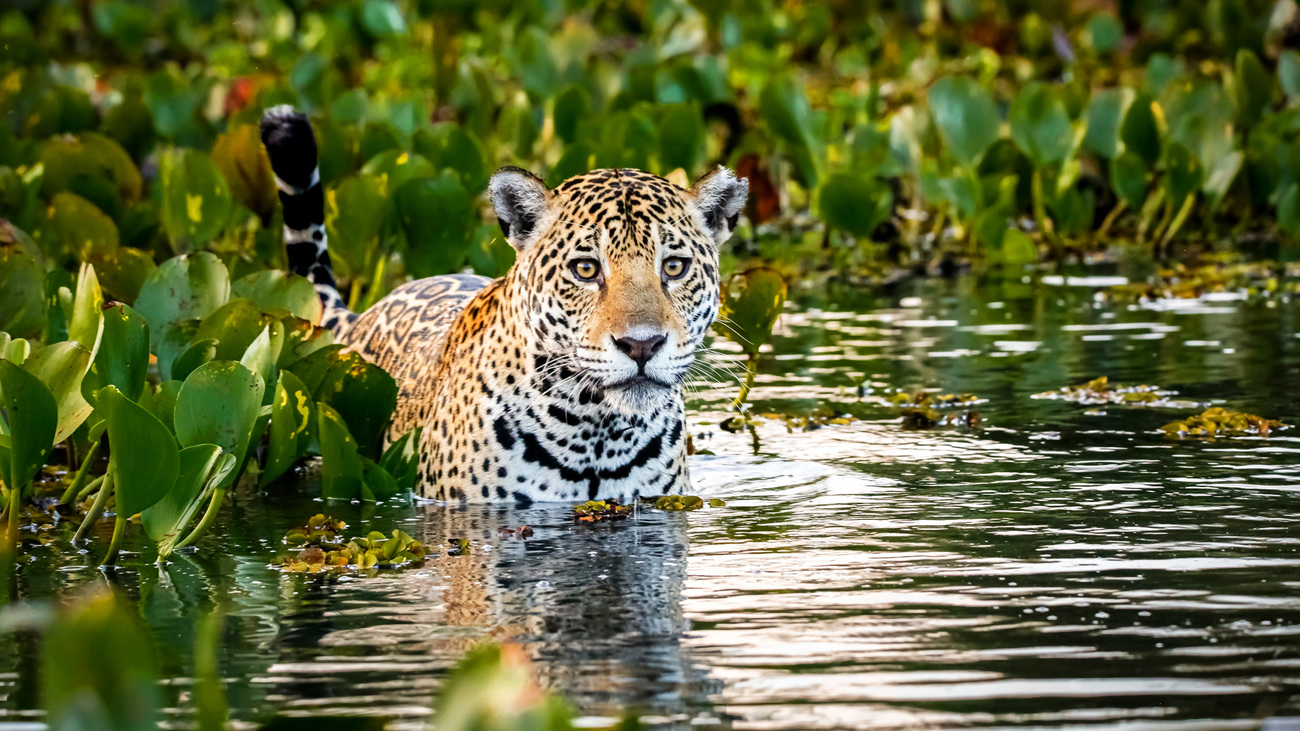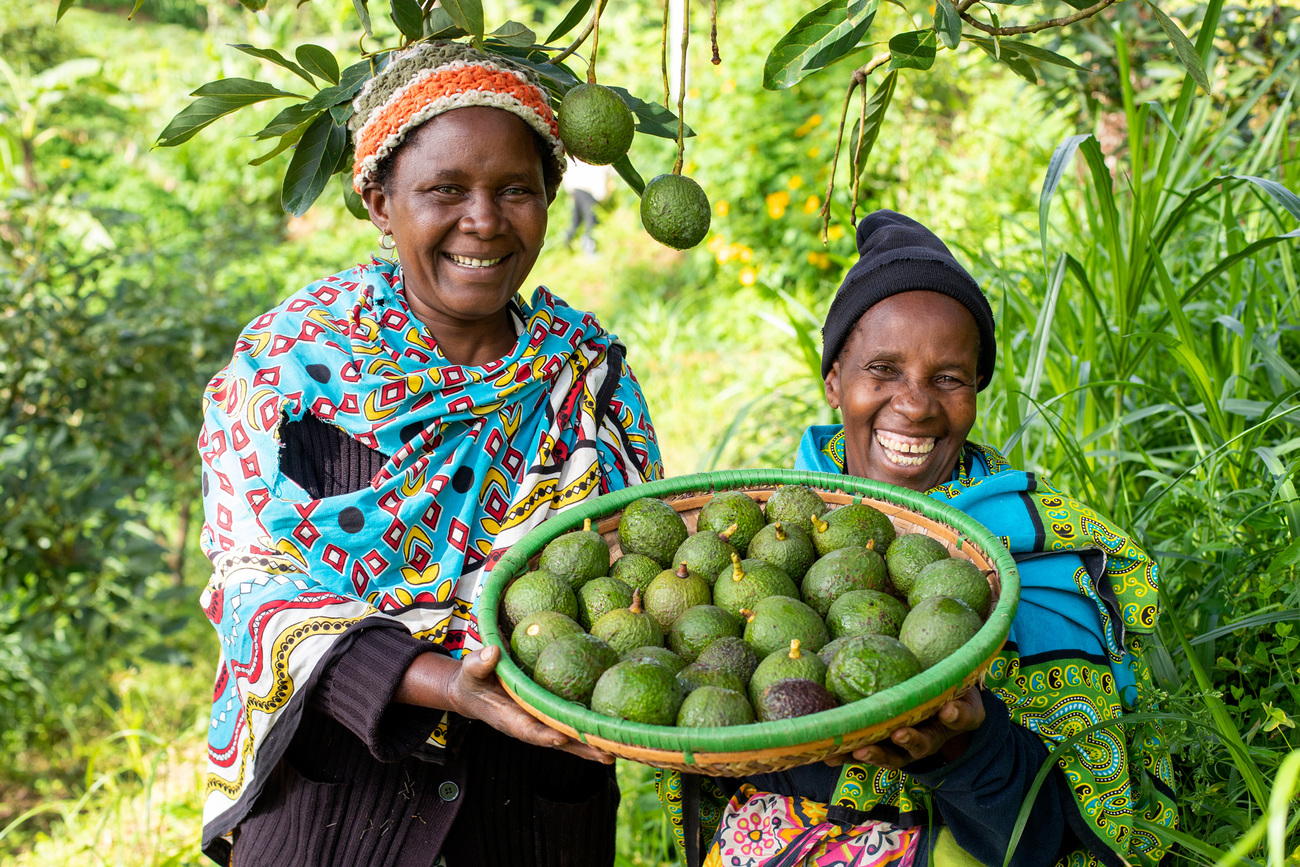Azzedine Downes
I have never been satisfied with just fighting the good fight. We need to actually make a difference.
What the US government funding pause means for wildlife and conservation
The recent pause on federal foreign assistance threatens to stall or even dismantle vital conservation and wildlife rescue efforts around the world, ultimately resulting in a direct impact on animals. These investments not only protect critical wildlife and habitats, but they also serve to bolster local economies at the same time, ensuring that people and animals are able to prosper and thrive. Without this essential funding support, the impact will be felt not just by organizations like IFAW, but by communities, front line responders, rangers, conservation partners, and the countless species that depend on these initiatives to survive. The pause in funding is even more alarming in the context of a recent survey of US voters which underscored the firm commitment of the American people to protecting wildlife and broader conservation efforts, with 80% confirming they would support funding for global conservation programs at or above current levels.
At IFAW, we’ve always taken pride in being exceptional stewards of taxpayer dollars, ensuring that every federal investment leads to measurable impact. These funds enable conservationists, rescue teams, partner organizations, and local communities to work together in safeguarding the world’s most vulnerable wildlife. This pause, as well as the uncertainty and interruptions at this scale, will risk dismantling years of progress for the very communities and ecosystems these programs were designed to protect.
Take for example, Kenya’s Tsavo and Amboseli landscapes, home to more than 10,000 African savannah elephants. This area is one of the critical landscapes of IFAW’s Room to Roam initiative that establishes transnational habitat connectivity allowing elephants and wildlife to move safely between protected areas. By literally providing safe access, conflict with local communities is minimized, and wildlife populations can thrive alongside ecotourism and human industry. As a regular visitor to these landscapes myself, I am all too familiar with what’s at stake—for both elephants and people. Without continued funding, these efforts—and the livelihoods of the rangers and community members who protect these landscapes—will be in real jeopardy.

Here is another example. The poaching and illegal trade and trafficking of live animals—one of the most urgent crises in wildlife conservation today and one that literally spans much of the globe. IFAW’s CARE project empowers frontline officers in countries like Indonesia, Guyana, and the Republic of the Congo, to disrupt and end criminal trade networks.
So far, the program has trained over 200 officers, equipped them with specialized kits for handling confiscated wildlife, and developed humane protocols to ensure that rescued animals are treated with care, enabling many to return to the wild. However, without sustained funding, these critical efforts will face immense setbacks, leaving animals like pangolins and parrots, to name just a few—exceptionally vulnerable to increased levels of trafficking given the absence of protections.

IFAW has continued to diligently map trade routes to identify key players and disrupt trafficking networks while working with communities to understand the social drivers behind this demand. Funding for all these efforts is essential. Without it, biodiverse species, critical habitats and the people who rely on them will sadly face consequences that cannot be undone.
These projects are just a few of the many critical pillars of a holistic approach which not only protects wildlife, but which also safeguards community livelihoods, sustains local economies, and serves to advance global biodiversity goals. Time and action are of the essence—and in the absence of funding, there will be little room for progress.

As careful stewards of US taxpayer money, IFAW has consistently delivered measurable, impactful outcomes for animals that are supported by an overwhelming majority of the American people. Our projects prove that every federal dollar spent on conservation and wildlife rescue yields remarkable results for wildlife, communities, and economies worldwide. Conservation cannot be put on hold. Law enforcement and customs teams cannot put their operations on hold. There is simply too much at stake.
We urge the administration to allow funding to flow during this review period. In doing so, they will ensure that lifesaving work continues uninterrupted, protecting the future of our planet’s most vulnerable wildlife species as well as the people and communities dedicated to saving them.
Azzedine Downes
I have never been satisfied with just fighting the good fight. We need to actually make a difference.
Our work can’t get done without you. Please give what you can to help animals thrive.
Unfortunately, the browser you use is outdated and does not allow you to display the site correctly. Please install any of the modern browsers, for example:
Google Chrome Firefox Safari